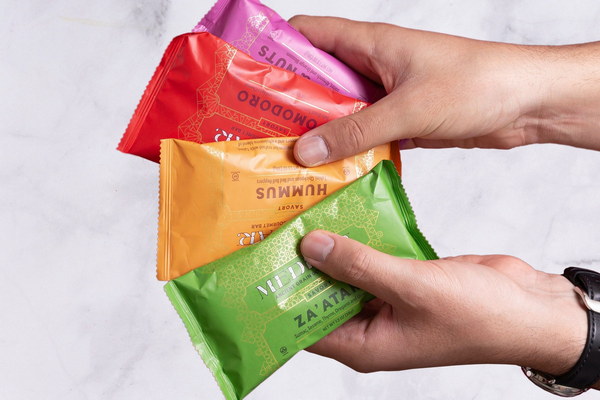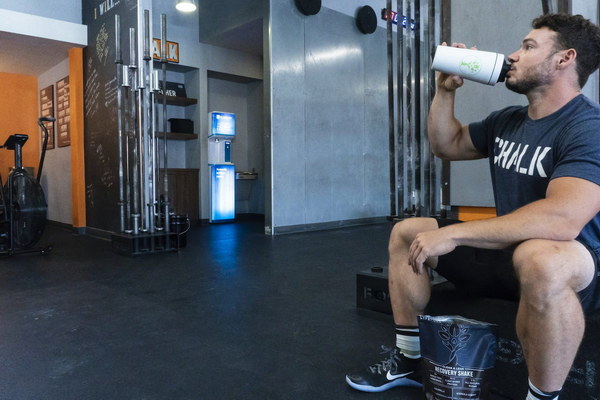Boost Your Child's Exam Performance with Nutritional Supplements for Junior High Exams
As the pressure of junior high school exams looms over students, parents often seek ways to support their children's performance. While academic tutoring and adequate sleep are crucial, one often overlooked aspect is the role of nutrition. Nutritional supplements can play a significant role in enhancing your child's cognitive abilities and overall health, leading to better exam results. Here's a guide to choosing the right supplements to help your child excel in their junior high exams.
1. Omega-3 Fatty Acids
Omega-3 fatty acids, found in fish oil supplements, are essential for brain development and cognitive function. These healthy fats improve memory, focus, and attention span. Fish oil supplements have also been shown to reduce stress and anxiety, making them beneficial for students facing exam pressure. Ensure your child takes omega-3 supplements regularly, but consult a healthcare professional before starting any new supplement.
2. Vitamin D
Vitamin D is essential for bone health and has been linked to improved cognitive function. It also plays a role in regulating the immune system and mood. During exam periods, vitamin D supplements can help your child maintain a healthy immune system and reduce the risk of illness. It's important to have your child's vitamin D levels tested and consult a healthcare provider to determine the appropriate dosage.
3. B Vitamins
B vitamins, including B6, B9 (folate), and B12, are essential for brain function and energy production. These vitamins help convert food into energy, improve concentration, and reduce stress. B vitamin supplements can be beneficial for students who experience fatigue or have difficulty concentrating during exams. Ensure your child's diet includes a variety of whole grains, fruits, and vegetables, and consult a healthcare professional to assess if additional supplementation is necessary.

4. Magnesium
Magnesium is an essential mineral that plays a role in over 300 biochemical reactions in the body, including those related to brain function and energy production. Magnesium supplements can help improve sleep quality, reduce stress, and enhance cognitive performance. It's important to note that magnesium supplements can cause digestive discomfort, so start with a low dosage and gradually increase as needed.
5. Antioxidants
Antioxidants, such as vitamin C and E, protect the body from oxidative stress, which can damage brain cells and impair cognitive function. These supplements can help improve memory, attention, and overall brain health. Incorporate antioxidants into your child's diet by encouraging them to eat a variety of fruits, vegetables, and nuts. If dietary intake is insufficient, consider adding an antioxidant supplement.
6. Green Tea
Green tea is rich in antioxidants and contains caffeine, which can help improve focus and energy levels. The combination of caffeine and antioxidants in green tea can provide a natural energy boost without the negative side effects of other stimulants. Encourage your child to drink green tea in moderation, as excessive caffeine intake can lead to anxiety and insomnia.
When using nutritional supplements to support your child's exam performance, it's essential to maintain a balanced approach. While supplements can complement a healthy diet, they should not replace it. Consult with a healthcare professional to determine the appropriate dosage and ensure that the supplements are safe and effective for your child.
In conclusion, nutritional supplements can play a vital role in enhancing your child's cognitive abilities and overall health during the critical period of junior high school exams. By incorporating the right supplements into their daily routine, you can help your child achieve their best possible performance. Remember, a balanced diet, adequate sleep, and regular exercise are also essential components of a well-rounded approach to exam preparation.









